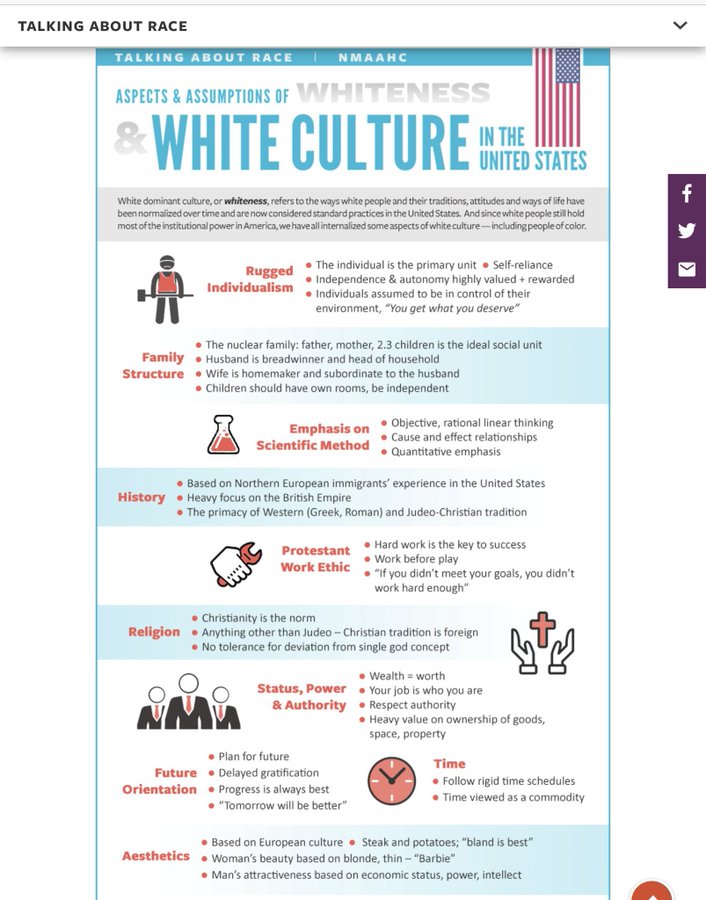Jaw
It's OVER 5,000!
You’re obsession of acting like the foundation to protect a certain race since the creation of this country doesn’t exist is noted and somehow cause you just exist now think it’s not still going on and needs to be repaired is noted as well
Apply critical theory to your own theory. Assume that the foundation you're deriding wasn't put into place to protect a certain race. Assume it was done to make the best country possible. Now look at results compared to the rest of the world during that time.
Then look at results since that foundation was heavily modified in the Civil Rights era.
Finally, look at results since critical theory and the grievance industry gained momentum in academia and the government during the 90s.
I believe you'll see a mountain climber who lately fell off of a cliff.

